The paper deals with economic principles as found in the more ancient sources of Vedic period in so far as this is possible. Unlike a particular application of a law which may well be affected by circumstances and thus appear to be different from place to place and time to time, a principle has an unchanging, universal quality. Despite few economic terms used throughout the text like land value taxation(which means simply taxing the value of land alone) there is nothing complex or complicated in this study and reading it does not require any training in Economics. By showing the relation of the Indic principles to certain modern concepts and particularly to land value. Taxation the paper goes a long way in bringing into light many valuable economic concepts and practices supported by an institutional framework.
Thus we meet the same concern about the distribution of wealth that occupies the mind of modern economists. How much does a man or a family need to earn and how much should be given to the royal treasury (i.e. the State) and how should these be determined? Or to put it in other terms, how should the State dispose of its revenue? Also, how should lending operate and what would be fair rates of interest? The lawgivers in ancient India were fully aware of all these issues. One aspect of modern economies that is not treated by the ancients is unemployment because this problem appeared as such, on a large scale, only with the increase of population, the land enclosures (privatization) and the industrial revolution in Europe at the end of the 18th century. But the texts it for granted that people should feel secure in their different employments. A most surprising feature is the principles of free access to land for all and the land value tax which should be the source of Government revenue (and expenditure). It is surprising because Land Value Taxation is supposed to be a fairly modern concept.

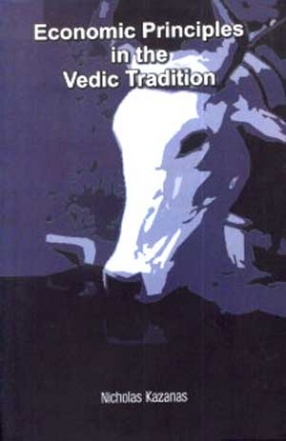
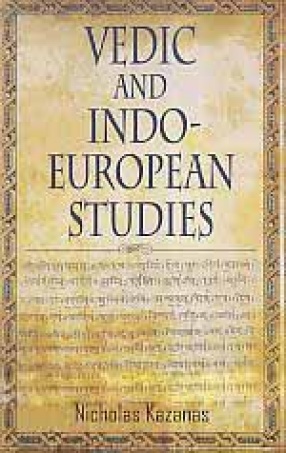
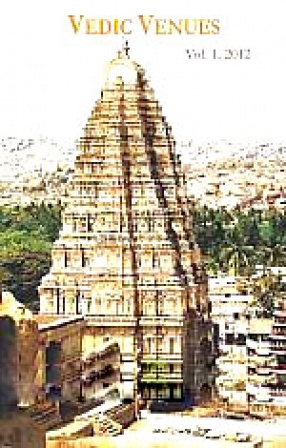
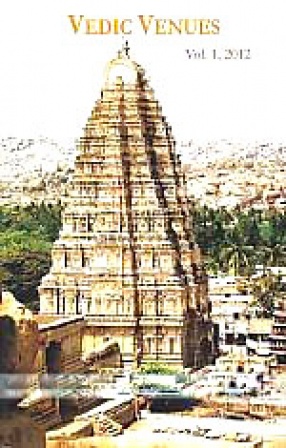


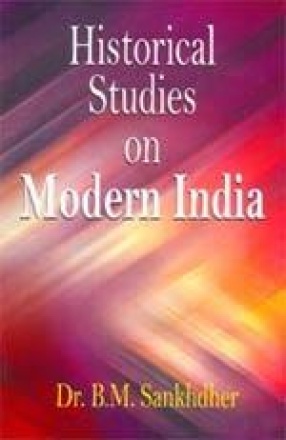
There are no reviews yet.